In the ever-evolving world of music production, one force is reshaping how artists compose, produce, and experiment with sound: artificial intelligence (AI). From crafting beats in seconds to generating entirely original compositions, AI is transforming the creative landscape. Musicians no longer rely solely on expensive studio setups or years of training. Today, intuitive platforms allow anyone, from hobbyists to professionals, to dive into music-making with just a few clicks.
This revolution is not simply about convenience or novelty; it’s about expanding the boundaries of what’s possible in music. The question is no longer if AI will play a role in the future of music, but how deep its impact will run—and how creators can harness its power.
The Rise of AI in the Creative Process
Artificial intelligence in music isn’t new. Early experiments with algorithmic composition date back to the mid-20th century. However, what sets today’s AI apart is its accessibility and creative potential. Thanks to machine learning algorithms and neural networks, modern AI tools can analyze millions of songs, learn musical patterns, and generate unique melodies, harmonies, and rhythms with astonishing accuracy.
These tools enable non-musicians to compose high-quality music and empower seasoned musicians to streamline their workflow and explore uncharted sonic territory. Whether you’re looking to create background scores, lo-fi beats, or orchestral arrangements, AI can be your collaborative partner in crafting high-quality audio.
How AI Music Creation Works
AI music generators rely on deep learning models trained on massive music datasets across genres, cultures, and historical periods. By identifying melody, rhythm, harmony, and structure patterns, these tools can generate new compositions that align with a user’s intent. Some platforms allow users to set parameters such as tempo, mood, key, and instrumentation, resulting in a tailored piece of music within seconds.
Unlike traditional composition, where creativity is limited by one’s instrumental skills or technical knowledge, AI democratizes music creation. It allows users of all backgrounds to express their musical ideas easily.
For example, Adobe Express offers a user-friendly, browser-based tool to create AI Music. With just a few prompts, you can craft custom soundtracks perfectly suited for videos, social media content, presentations, and more. This game-changer is for creators who want to enhance their projects with unique audio without spending hours on music production.
Applications Across Industries
AI-generated music is being embraced across a wide range of industries. Businesses use AI-composed jingles and background tracks in marketing and advertising to elevate their brand identity. AI music can dynamically adapt to player actions in gaming, creating immersive audio experiences. Film and television producers are turning to AI tools to compose royalty-free music that captures the emotion and tone of their scenes.
Even wellness apps are benefiting. Guided meditation and sleep-aid platforms often rely on AI to generate calming soundscapes that resonate with users. Because AI can analyse emotional cues, it can create music that relaxes, energises, or inspires listeners depending on their needs.
The rapid adoption of AI-generated music underscores a larger trend: the growing demand for affordable, customizable, and copyright-free sound content.
AI as a Collaborative Partner
Some purists argue that AI threatens human-created music’s authenticity and emotional depth. But many artists see it differently. Rather than replacing musicians, AI is a collaborator—a tool that enhances the creative process.
For instance, a singer-songwriter might use AI to generate chord progressions or drum patterns, freeing them to focus on lyrics and melodies. A music producer might use AI to draft demo versions of songs, which they can refine with personal touches. AI can even help break through creative blocks by suggesting new musical directions.
Importantly, AI doesn’t impose a one-size-fits-all approach. Instead, it offers suggestions and possibilities, which users can accept, tweak, or discard. This interactive dynamic enables a creative workflow that blends human intuition with machine precision.
Empowering a New Generation of Creators
One of the most exciting impacts of AI in music is its ability to empower a new wave of creators. Traditionally, producing music required access to instruments, studios, software, and often years of training. AI lowers these barriers, allowing anyone with an internet connection to explore music creation.
Students can use AI to learn about composition and arrangement. Independent filmmakers can craft bespoke soundtracks without a composer. Social media influencers can create original music for their content, setting themselves apart in a saturated market. Entrepreneurs can also enhance their brand storytelling with music tailored to their audience.
Platforms like Adobe Express make this empowerment tangible. With tools designed to be intuitive and accessible, users can create AI Music that aligns with their creative vision and project goals, all without requiring specialized skills.
Ethical and Legal Considerations
As with any technological shift, the rise of AI in music raises important ethical and legal questions. Who owns an AI-generated song? Should AI creations be considered original works eligible for copyright? What happens when AI-generated music closely resembles existing copyrighted material?
These questions are still being deby lawmakers, industry experts, and creators alike. Some countries have begun exploring new intellectual property frameworks that address AI-generated content. Meanwhile, AI platforms are taking steps to ensure that the music they generate is royalty-free and safe for commercial use.
Transparency is also critical. Users should know how the AI model was trained, what data it used, and their rights to the content it produces. As long as these issues are addressed responsibly, AI has the potential to coexist harmoniously with traditional music creation and industry standards.
Future Trends in AI Music
Looking ahead, we can expect even more sophisticated integrations of AI in music. Real-time, adaptive music for virtual and augmented reality environments is already on the horizon. Imagine walking through a virtual world where the soundtrack changes based on your emotions or actions.
We’ll also see AI playing a bigger role in music education. Tools that analyze student compositions, suggest improvements, or provide instant feedback will become commonplace in classrooms. Additionally, AI will continue influencing how music is distributed and recommended, further personalizing the listener experience.
Voice synthesis and AI-generated vocals are also advancing rapidly. Soon, users can create songs—including lyrics, instrumentation, and vocals—using nothing but prompts and preferences.
Balancing Creativity and Technology
While the possibilities are thrilling, it’s essential to remember that technology is a means, not an end. The heart of music lies in its ability to connect, communicate, and move people. AI should enhance that experience, not overshadow it.
Ultimately, the most powerful music will always come from the human spirit. AI offers a bridge between creativity and capability, helping artists bring their ideas to life faster, more affordably, and in new and exciting ways.
As AI continues to evolve, it will be up to creators to shape its use with intention, ethics, and artistry.
Final Thoughts
AI is not just a trend; it’s a transformative tool redefining how music is created, shared, and experienced. Whether you’re a seasoned musician or have never written a note, AI can open the door to new sonic possibilities.
Froai allows users to experiment and innovate, from generating background scores to composing full-length tracks. The key is choosing platforms that offer intuitive interfaces, high-quality output, and flexible creative control.
If you’re ready to explore this musical frontier, start experimenting with trusted tools designed with creators in mind. Platforms like Adobe Express allow you to create AI Music easily and effectively, helping you elevate your projects with sound that is as original as your vision.


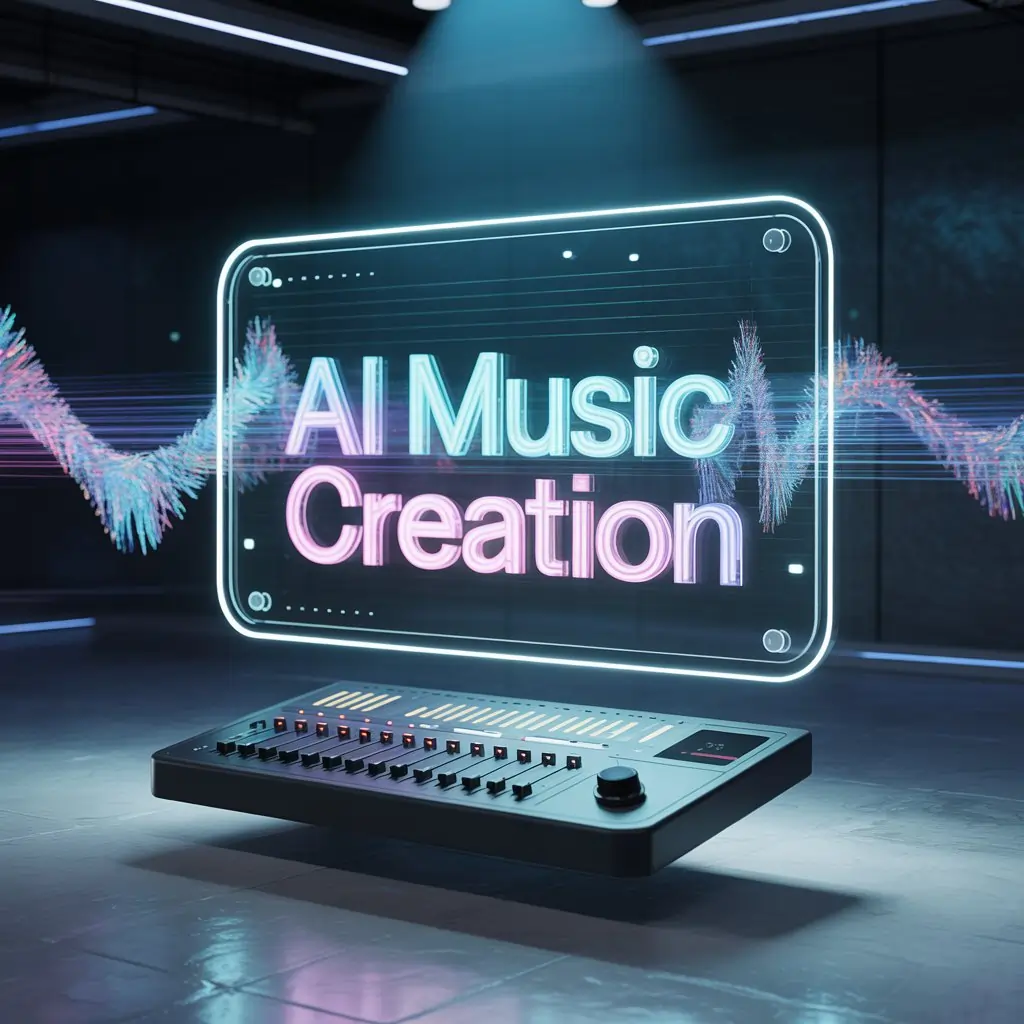
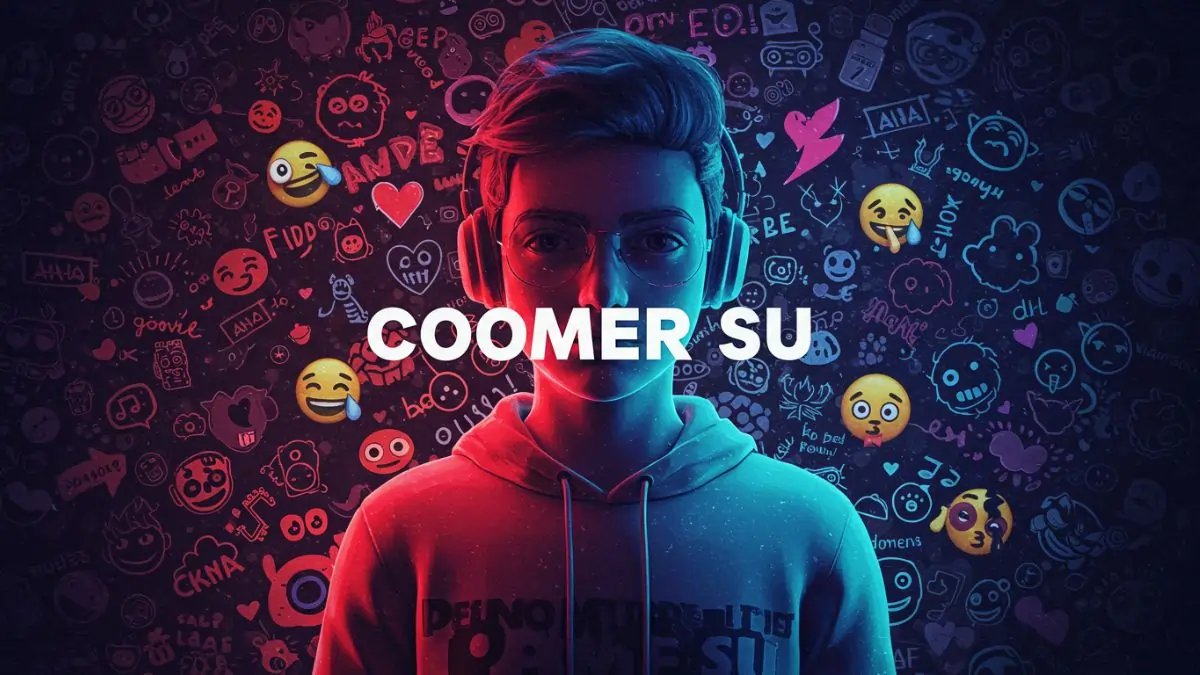
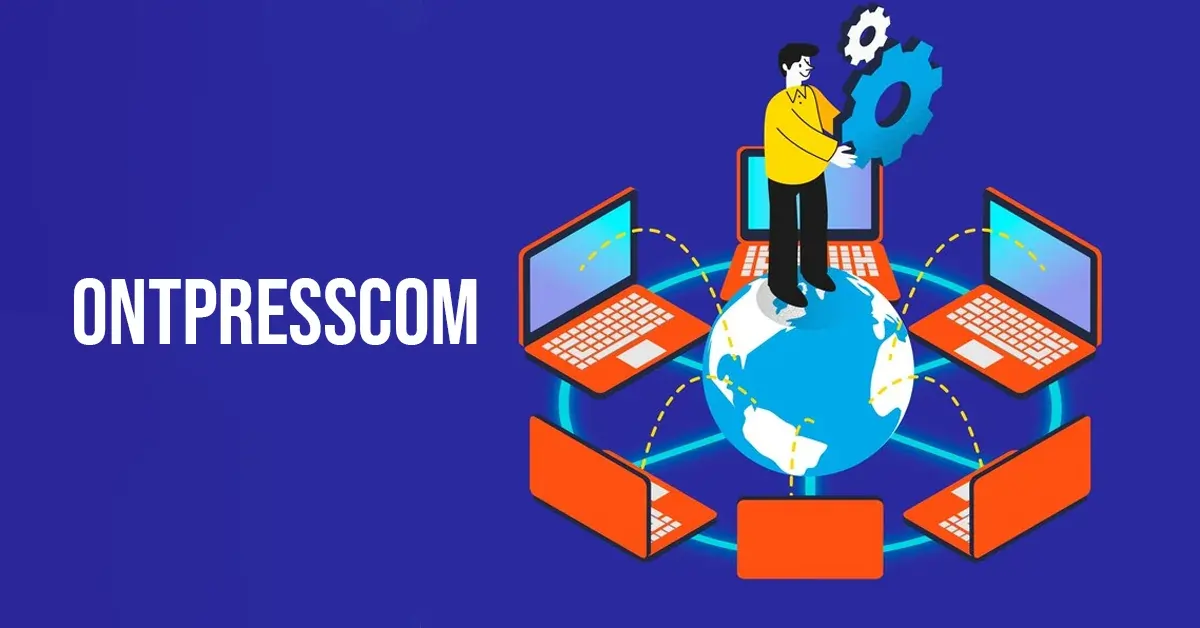
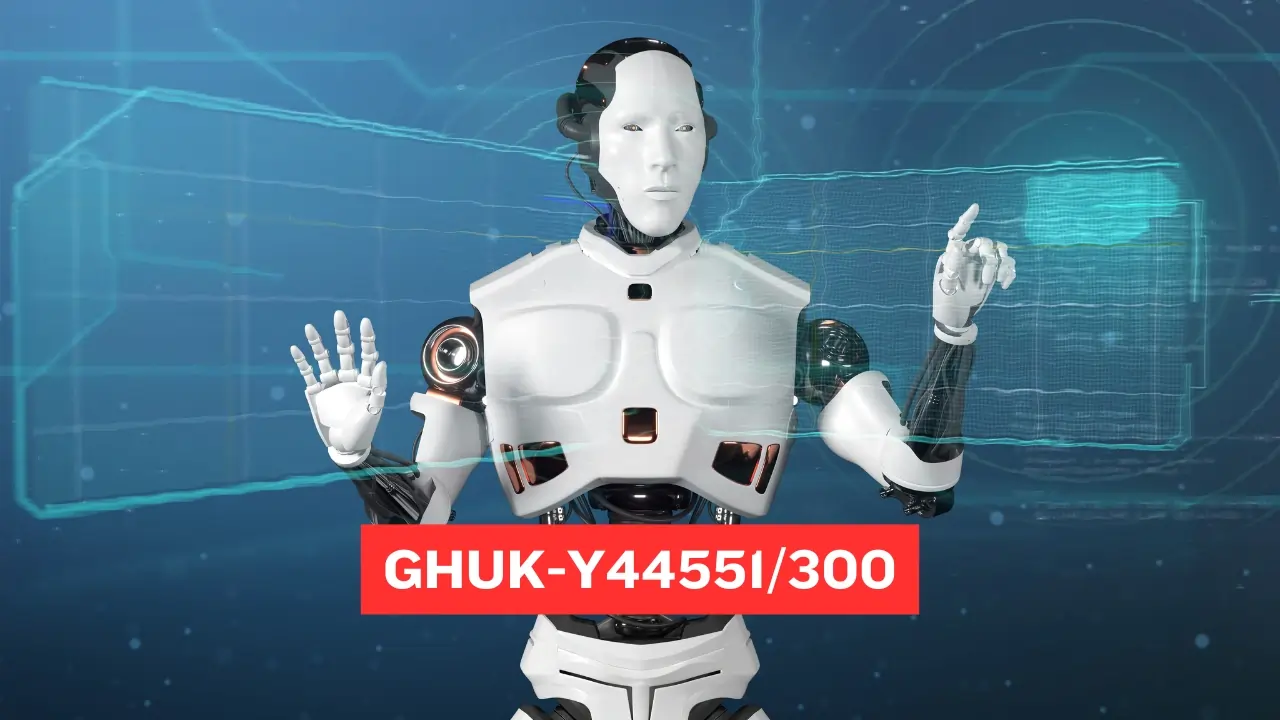
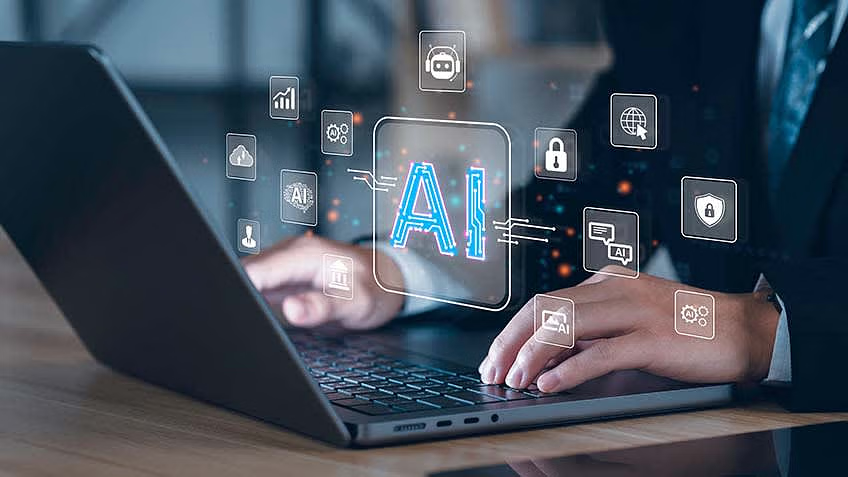
2 thoughts on “The Future of Sound: How AI is Revolutionizing Music Creation”